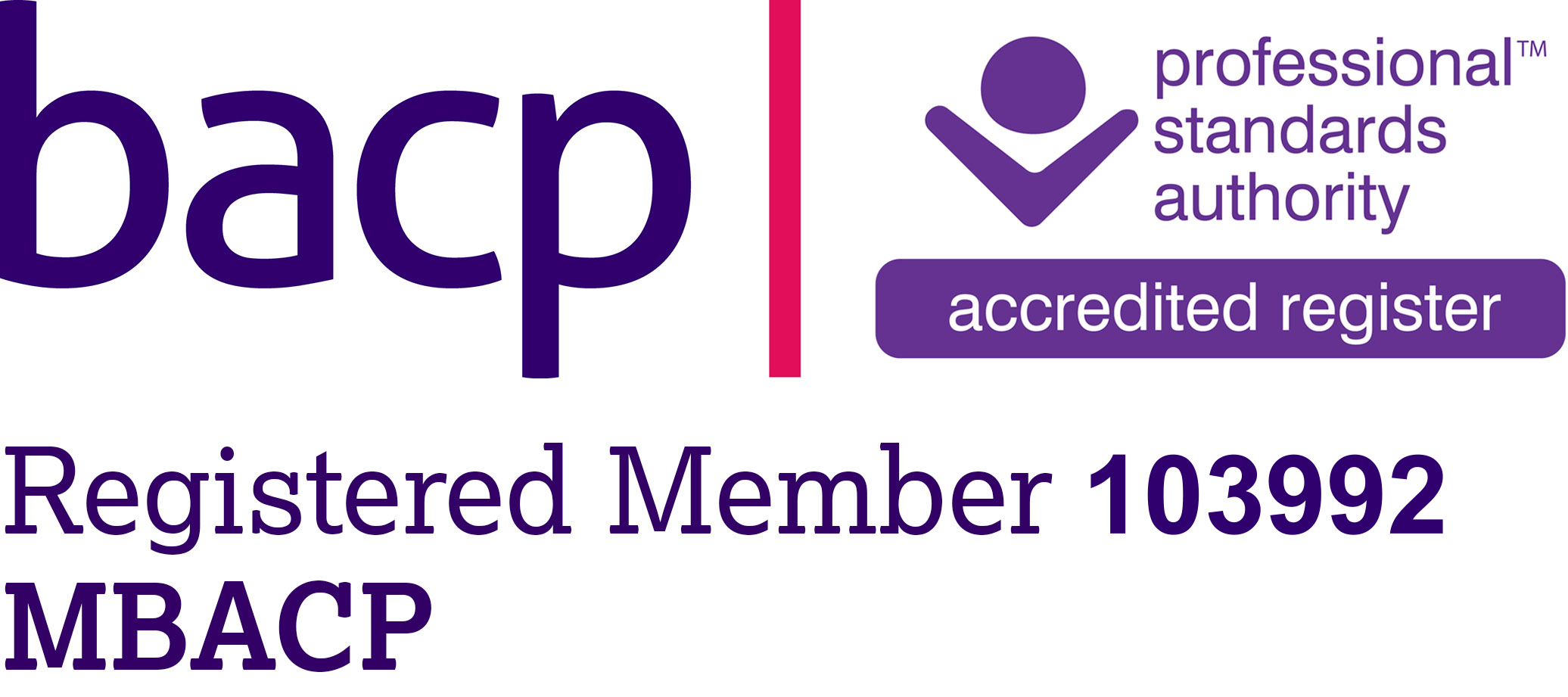Tips to lower Stress levels and keep them down
It's true, life can be incredibly stressful and we all seem to accept that in this day and age, we are all going to suffer with stress at some level. But do we fully understand what stress actually means?
I remember thinking that stress was just, well, stress. I didn't give the health implications much thought until I went on a course that explained exactly what was going on in the body when stress levels are raised. I now look at stress very differently and actively try to minimise the triggers that send my stress levels rocketing.
Cortisol is a steroid hormone, it is released when our stress levels rise, as well as when we have a low blood glucose levels.The main functions of cortisol is regulating metabolism, acting as an anti-inflammatory, influencing memory formation and affecting blood pressure.
Usually, when cortisol levels rise due to stress, the hormone will start to reduce, however, more and more of us are piling stress on top of stress, not giving cortisol time to reduce, so our cortisol levels then become chronically high. When this happens, our immune system struggles to do its job of fighting off illness, our muscle and bone tissue breaks down and it interferes with thyroid hormone activation, we also begin to lay down abdominal fat which puts stress on our heart. This is just to mention a few of the health issues that this stress hormone can make us vulnerable to.
Stress management is so important. But you knew that already right? Have you done anything about it though?
Exercise is hugely beneficial in the fight against stress. However there are other things you can do to encourage low cortisol levels, such as:
Life coaching: works on attaining work/life balance which encourages a more harmonious lifestyle, reducing the production of cortisol caused by a chaotic daily life.
Counselling: holding in pain and anger will raise stress levels. Ignoring and denying what is really going on will only cause you to take it out on others around you, so making sense of what you are carrying around, can reduce the panic and stress and enable you to leave it behind and move on to a happy and healthy, less stressful place.
Reflexology: allows you to relax whilst the practitioner concentrates on adrenal gland reflex points to reduce the production of cortisol.
Meditation: stills the racing mind, encourages relaxation and calms the pumping of cortisol.
Yoga: stretching exercises, controlled breathing and relaxation help to calm surging cortisol levels to reduce stress, lower blood pressure and improve heart function.
Diet/nutrition: take probiotics, Omega3 and try keeping to a low glycaemic diet. Reduce alcohol and caffeine and increase fibre rich foods, antioxidants as well as phytonutrients which will help with attaining an holistically healthy mind and body.


